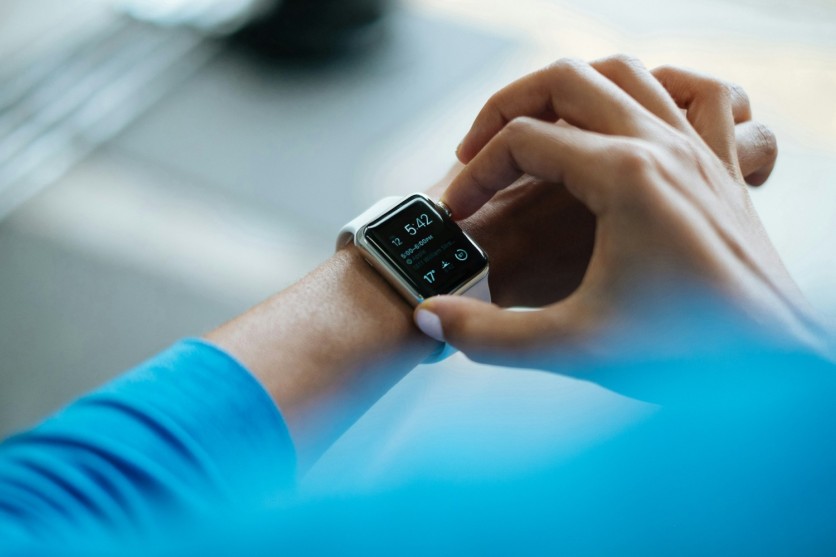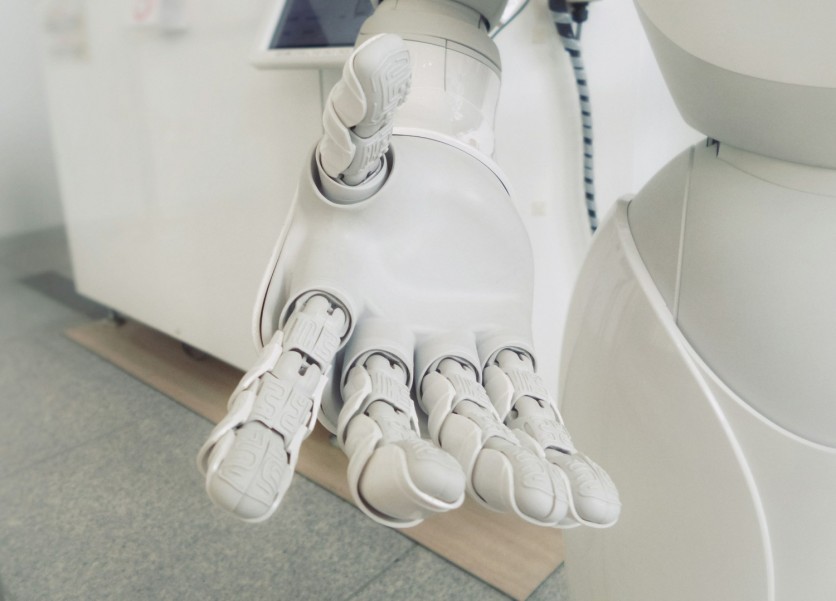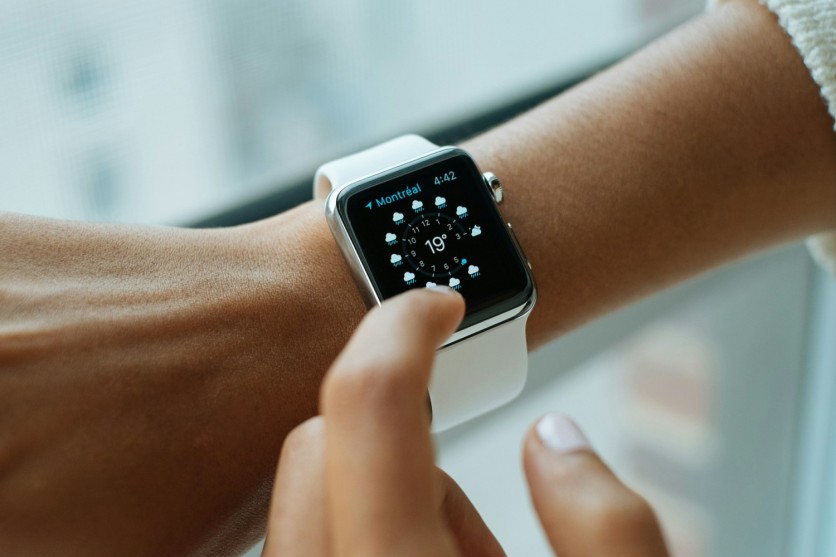
As we continue the charge through 2024, technology continues on its rapid growth and advancement path that is helping to revolutionize the healthcare industry.
For those already in the healthcare field, the technological boom represents transformative changes and trends that will reshape the everyday workings of a healthcare provider. For those currently studying for degrees to become doctors, mental health professionals, or working towards an MSN, these shifts represent the ability to provide better delivery and accessibility of healthcare services to all who require it.
As we delve deeper into the year, an aging population and the continued global economic uncertainty remain the key drivers that will impact healthcare. The Health Services and Technology (HST) field in the healthcare sector is anticipated to see a 12% increase in the compound annual growth rate across 2022–2027 due to the long-term underlying growth trend and rebound from the COVID-19 pandemic decline and the greatest acceleration is likely to happen in the software and platforms fields. Based on the economic climate and continued investment in the sector, there are several technology trends poised to dominate the healthcare industry over the coming year.
Artificial Intelligence
The introduction of Artificial Intelligence (AI) to the healthcare sector has fast-tracked significant improvements in patient care and diagnosis, lifted the load on medical administrative tasks, and will continue to do so well into 2024 and beyond.
On a day-to-day basis, patient care tasks, including administrating medication, monitoring symptoms, and discussing treatments with doctors, are benefiting from a combination of machine learning, predictive analysis, and remote patient monitoring. AI-powered chatbots and virtual assistants will enhance patient engagement and provide service to mobility-impaired or rural patients where access to healthcare is limited, and AI algorithms will continue to learn and adapt to initiate proactive interventions, which will lead to better health outcomes.
Looking into the future, the use of AI will also extend to robotic surgery. Currently, surgical robots are mere telemanipulators (machines still controlled by a human operator) without any autonomous activity. However, studies have been conducted where robotic systems have been developed for automatic, situation-aware needle insertion and even performed a bowel anastomosis on a porcine bowel. These machines are limited, however, as they do not currently understand the surgical scene and cannot adapt to the surgical workflow.

AI Algorithms and Analytics
Data analysis in healthcare helps provide crucial insights to aid decision-making, which can help improve patient outcomes at a much faster pace and with greater efficiency. AI algorithms are being used to collate a patient's medical record, past history, and diagnostic imaging and analyze it to identify care recommendations, flag potential risks, and even create personalized treatment plans.
In 2024, we can expect significant advancements in AI data analytics. Real-time analysis will enable the continuous monitoring of a patient, allowing healthcare workers to detect early warning signs of serious issues and intervene appropriately.
Predictive analytics will also become increasingly prevalent in healthcare settings. Manual risk calculation has been a part of the healthcare industry for decades. However, AI predictive analytics can analyze larger data sets at speed, generating modeling that allows medical professionals to make more informed decisions much more quickly.
Predictive analytics will also be utilized on a much broader scale. Large-scale data analysis will help drive population health management initiatives based on the identification of trends and disease patterns and help put in place public health interventions to prevent the spread of illness and provide better overall healthcare to the population at large.
Wearable 'Smart' Technology
Perhaps the most 'recognizable' of all new technologies relating to healthcare, wearable technology like smartwatches and fitness trackers are now so commonplace you may not even have realized the immense benefits this type of technology can bring to the healthcare sector.
Seamlessly integrating into our day-to-day lives, wearable technology in its most basic form can track physiological changes in your body such as heart rate, sleep patterns, and physical activity which can provide valuable, 24/7 insights to a medical professional that were otherwise not obtainable.
Hospital-grade devices such as electrocardiogram (ECG) monitors, blood pressure monitors, and biosensors can take this to the next level, with the smart wearable health devices market expected to balloon from $13.8 billion in 202 to $37.4 billion by 2028.
Wearable technology will enable remote patient monitoring and empower patients to participate actively in their healthcare management. In 2024, wearable technology is anticipated to continue to accelerate with a focus on integration with healthcare platforms to enable seamless data sharing between patients and medical professionals.

Personalized Medicine
At a very high level, personalized medicine is an emerging practice of medicine that uses an individual patient's genetic profile to generate a tailored treatment plan.
Personalized medicine takes the "one size fits all" approach to diagnostics and flips it on its head, allowing doctors to review a patient's genetic profile, select the proper medication or therapy best suited to the individual, and only then administer the proper dosage or regimen.
Many experts believe that a personalized approach to healthcare will result in better patient outcomes and more efficient use of medical resources. To date, the most advanced applications of personalized medicine are in genomics, where AI is being used to analyze patient's DNA to diagnose and create medicine that is personalized down to the molecular level (sometimes referred to as precision medicine). Personalized medicine is playing an increasingly important role in addressing the healthcare challenges of the future.
The Importance of Human-Centric Design in Future Technologies
As the rapid growth of technology in the healthcare sector continues, human-centric design principles are vital to the ongoing success of the technology.
Developers who focus on creating technologies that are intuitive, user-friendly, and built with empathy for the user in mind will ensure that technology that addresses the real needs of healthcare professionals and provides real benefits to patients is created. Throw in a continuous feedback loop from developer to user and back will ensure technologies remain relevant and widely accessible by the healthcare sector as a whole.
![Apple Watch Series 10 [GPS 42mm]](https://d.techtimes.com/en/full/453899/apple-watch-series-10-gps-42mm.jpg?w=184&h=103&f=9fb3c2ea2db928c663d1d2eadbcb3e52)



